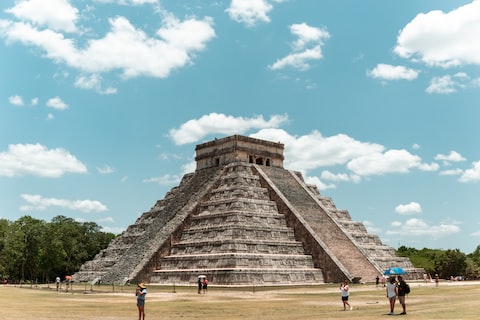Gaming has its own language, a unique blend of words and phrases that are unfamiliar to those outside the gaming community. From lingo to slang, it’s a linguistic landscape that helps form the identity of gamers. So, let’s dive into the language of gamers and explore the fascinating world it creates.
The Origins of Gamer Lingo
Like any subculture, gamers have developed their own language over time. Many terms and phrases stem from the early days of gaming and have become deeply ingrained in the community. Words like ‘noob’ (short for ‘newbie’) and ‘pwn’ (a misspelling of ‘own’) have origins in online multiplayer games.
Other terms have emerged from popular games. For example, ‘GG’ (short for ‘good game’) is often used as a term of sportsmanship at the end of a match. ‘OP’ (short for ‘overpowered’) refers to something that is too strong or imbalanced in a game.
The Evolution of Gaming Slang
As gaming has evolved, so has its slang. New phrases emerge as games introduce innovative features and mechanics. Take, for instance, the term ‘camping,’ which originated in first-person shooter games. It refers to the tactic of staying in a fixed position, waiting for unsuspecting opponents to come by.
Gaming slang is not limited to specific genres. Words like ‘grind’ and ‘loot’ are used across different types of games. ‘Grind’ represents repetitive tasks or actions performed in order to earn rewards or progress, while ‘loot’ refers to items or rewards obtained within the game.
Gaming as a Social Experience
The language of gamers extends beyond the confines of the individual player. It fosters a sense of community and communication among gamers. Gamers often use slang to express their appreciation for a game, coordinate strategies with teammates, or simply connect with others who share the same passion.
Online gaming platforms and forums have further facilitated the spread and evolution of gamer lingo. Language becomes a tool for building relationships and belonging to a larger gaming community.
The Influence of Gamer Language
The language of gamers has seeped into popular culture and everyday conversations. Phrases like ‘gg,’ ‘noob,’ and ‘rage quit’ are recognized by many, even outside the gaming world. They have become part of the broader lexicon, reflecting the impact gaming has had on contemporary culture.
Understanding gamer language allows us to gain insights into the gaming community’s values, experiences, and shared humor. It opens a door to a rich and ever-evolving subculture that continues to shape the world of gaming.

